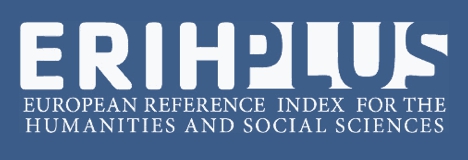Unila e Unilab: uma abordagem sobre o processo de integração internacional do ensino superior a partir das universidades federais no Brasil
Abstract
Esse trabalho retrata o processo de integração do ensino superior no Brasil, a partir, principalmente, do ano de 2010, pois é nessa data que é inaugurada a Universidade Federal da Integração Latino Americana (UNILA), na cidade de Foz do Iguaçu-PR, com a proposta de integração regional, através do ensino dos países da América Latina e Caribe e também nesse ano foi inaugurada a Universidade da Integração Internacional da Lusofonia Afro-Brasileira (UNILAB), possuindo como proposta a integração entre as nações que compõem os Países Africanos de Língua Oficial Portuguesa (PALOP) na cidade de Redenção-CE. Com essas universidades o Brasil, apresenta ao mundo, um projeto de internacionalização, por meio do ensino superior, através da cooperação Sul-Sul, com a promessa de garantir o conhecimento humanístico, científico e tecnológico na zona do Atlântico Sul, que se apresenta como área de interesse para o Brasil já algum tempo.
Palavras Chaves: Universidade, Internacionalização. Educação. Símbolos.
Keywords
Policy Proposal for Free Access Journals
Authors who publish in this journal agree to the following terms:
a. Authors retain the copyright and grant the journal the right of first publication, with the work simultaneously licensed under the Creative Commons Attribution License which allows the sharing of the work with acknowledgment of the authorship of the work and initial publication in this journal.
b. Authors are authorized to take additional contracts separately, for non-exclusive distribution of the version of the work published in this journal (eg publish in institutional repository or as a book chapter), with acknowledgment of authorship and initial publication in this journal.
c. Authors are allowed and encouraged to publish and distribute their work online (eg in institutional repositories or on their personal page) at any point before or during the editorial process, as this can generate productive changes, as well as increase the impact and The citation of published work (See The Effect of Free Access).





















